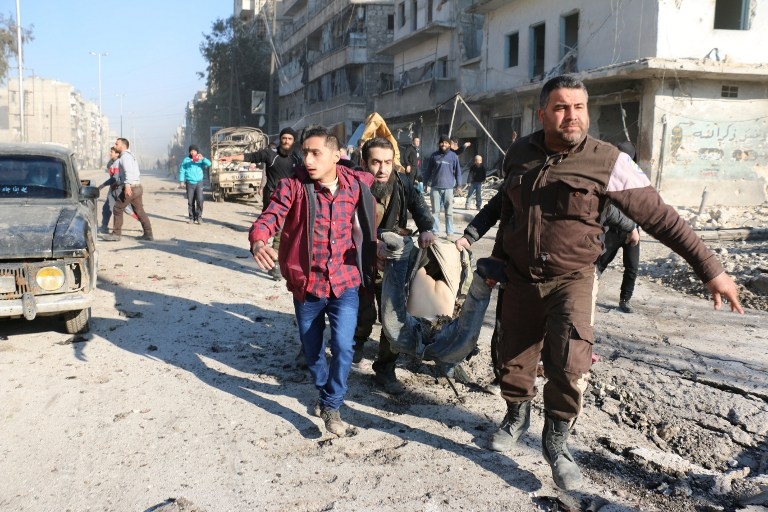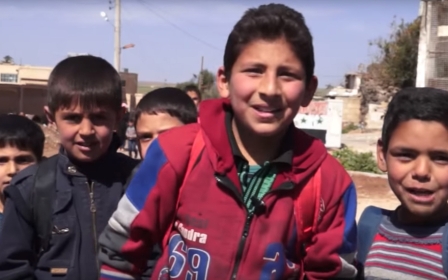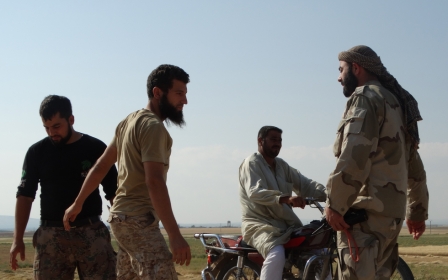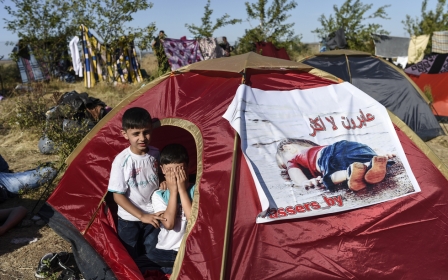Syrian ceasefire 'largely holding' despite violations: US

The two-week-old cessation of hostilities in Syria is "largely holding," albeit with continued violations that include government attacks on civilians and opposition forces, the United States said on Friday.
"The cessation of hostilities has produced a dramatic reduction in violence in Syria and permitted humanitarian access to begin in some besieged areas," said State Department spokesperson John Kirby in a statement.
However, Kirby also sounded a note of caution and said that the conflict, in which more than 270,000 people have been killed since it broke out in March 2011, had reached "a critical moment".
"Despite the reduction in violence nationwide, we remain deeply concerned by continued specific violations to the cessation of hostilities, including attacks on civilians and opposition forces by the regime [President Bashar al-Assad's forces] and its supporters."
He called on all parties to seize the moment, adding: "We should not squander it through neglect or willful negligence."
The US- and Russian-sponsored ceasefire began on 27 February.
The UN hopes to restart peace talks that collapsed in the previous month, building on the ceasefire that has led to the first significant decline in violence in Syria's nearly five-year civil war.
Syria's main opposition body has said it plans to attend indirect UN-sponsored peace talks with the government in Geneva on 14 March.
In a statement, the High Negotiations Committee said on Friday that it would participate in the negotiations as part of its "commitment to international efforts to stop the bloodshed and find a political solution".
UN special envoy Staffan de Mistura said "substantive" talks would begin on 14 March in the Swiss city and would not last longer than 10 days.
A source close to the Syrian government confirmed earlier this week that its delegation would be attending.
In its statement, the HNC said its delegation would focus on the creation of a "transitional governance body with full executive powers".
Middle East Eye propose une couverture et une analyse indépendantes et incomparables du Moyen-Orient, de l’Afrique du Nord et d’autres régions du monde. Pour en savoir plus sur la reprise de ce contenu et les frais qui s’appliquent, veuillez remplir ce formulaire [en anglais]. Pour en savoir plus sur MEE, cliquez ici [en anglais].




